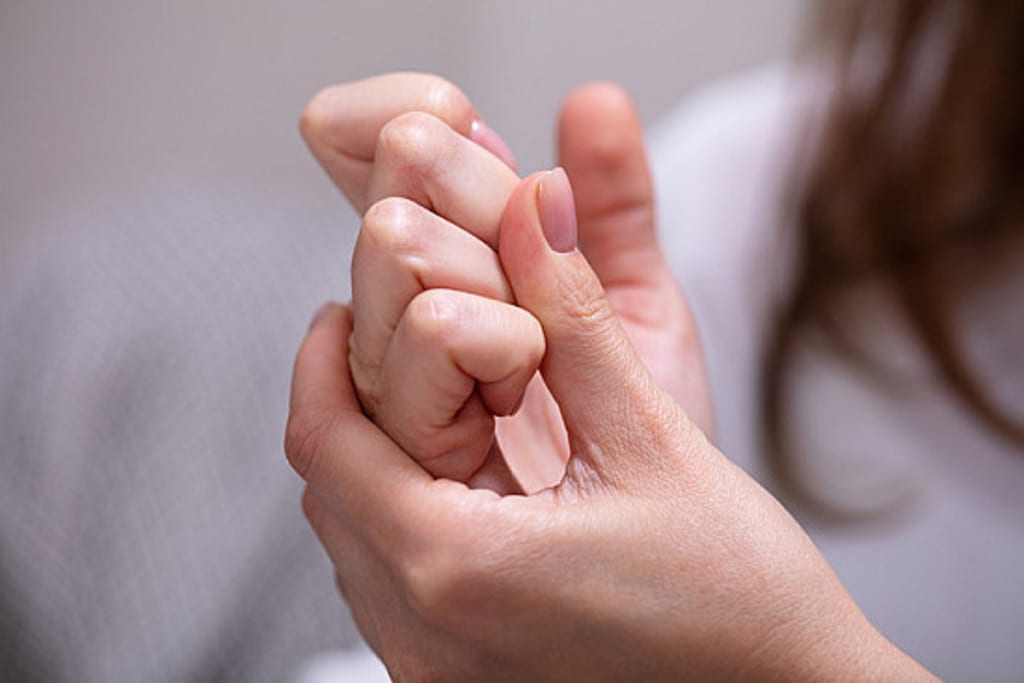
What noise is that? The sound of popping joints can either be described as a sweet sense of relaxation or as the foul odor of an unpleasant habit, depending on who you ask. Honestly however. What noise is that? Why, specifically, do your joints snap like that when you bend them in a certain way? Numerous theories put up by scientists include quickly stretching ligaments and, in extreme situations, direct bone-on-bone contact.However, the most typical explanation for why your elongated joints make a popping noise is because, well, there are bubbles inside. The joints in your fingers are the most easily broken, but many people also break the joints in their hips, wrists, shoulders, and other joints in their neck and back. These are all synovial joints, which are your body's most flexible joints. A sticky fluid called synovial fluid, which includes lengthy, lubricating molecules like hyaluronic acid and lubricin, fills the space between the two bones. The main function of synovial fluid, which has a consistency similar to egg yolk, is to cushion the bones and make them more easily slide past one another. Additionally, it has phagocytic cells, which assist in clearing out any bone or cartilage fragments that wind up in the joint. However, it's crucial for knuckle cracking since, like other bodily fluids, it contains a significant amount of dissolved gas molecules. Knuckle-crackers are aware that in order to get that delightful pop, you must extend the joint beyond its natural range, for example by bending your fingers backwards. The bones separate from one another when you do it. Although the distance between bones widens, the volume of synovial fluid remains constant. Similar to how carbon dioxide bubbles out of soda when the cap is turned open, this results in a low-pressure zone that draws dissolved gases from the synovial fluid. The escaping gases create a bubble inside the joint, which pops. The bubble, however, bursts quickly. It is compressed by the liquids around it until it eventually falls. It can take a long before you can pop the same joint again since the bubble's gases disperse throughout the synovial cavity and gradually dissolve back into the fluid over the period of roughly twenty minutes. According to some scientists, there might be two pops. A bubble forms, and then a second bubble explodes. It may be because popping a joint causes it to momentarily widen that devoted neck, back, and knuckle crackers claim their joints feel more supple and flexible after engaging in the habit. But you could have heard that cracking your joints will cause you to develop arthritis from a worried family or a grumpy coworker. Donald Unger, a physician, also heard this. In an effort to disprove his mother's advice, he routinely cracked the knuckles on his left hand for 50 years while leaving the knuckles on his right hand unbroken. After 36,500 cracks, neither hand had arthritis. Dr. Unger was awarded an Ig Nobel Prize, a spoof of the Nobel Prize that honors bizarre yet oddly interesting scientific achievements, for his selfless act of devotion to science. According to Unger, his findings should compel further research into different parental perspectives, such as the significance of eating spinach. On that one, the verdict is yet out. One study on knuckle-cracking claims that all that joint bending and bubble popping can make your hands enlarge and make your grasp weaker. The biggest known risk, though, appears to be upsetting those around you.
About the Creator
Niks
I deliver Informative content.






Comments
There are no comments for this story
Be the first to respond and start the conversation.